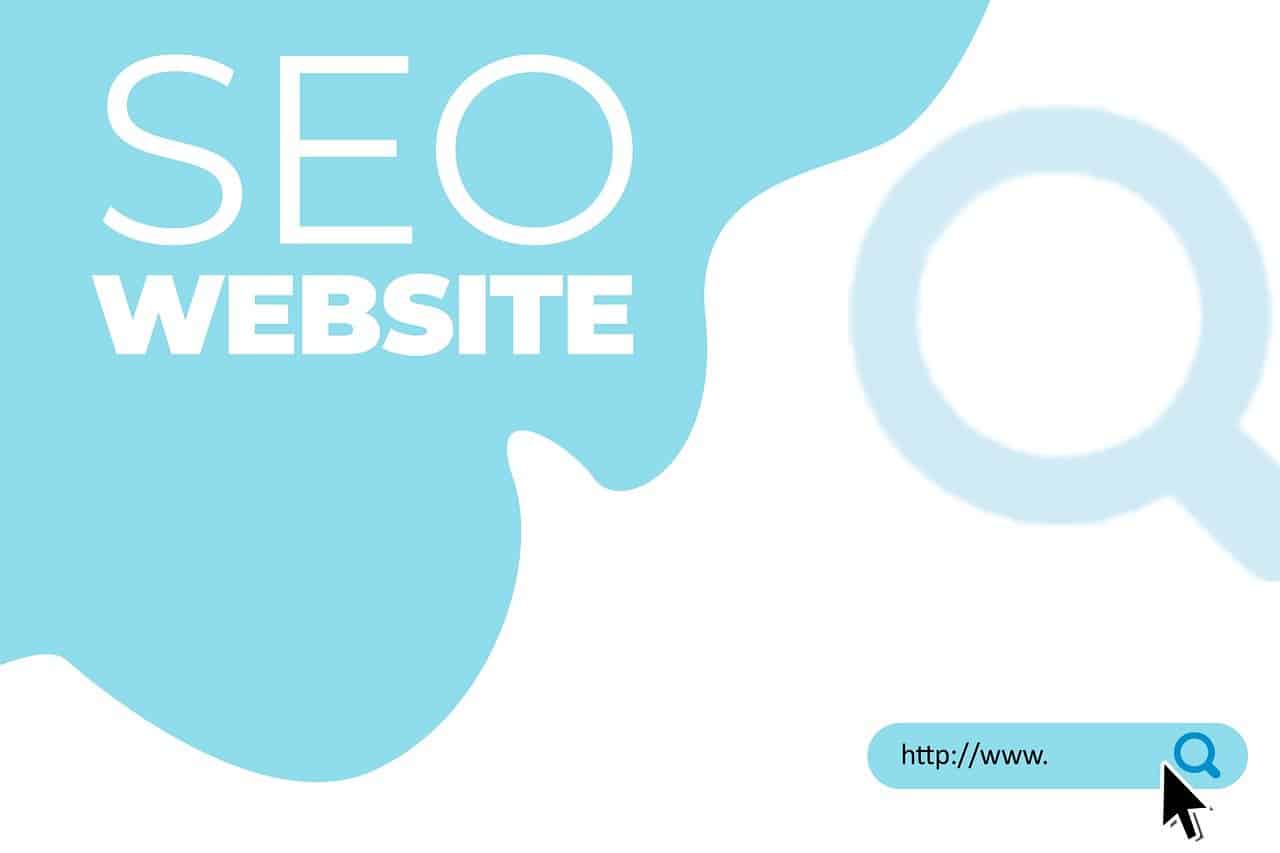In the ever-evolving digital landscape, mastering Search Engine Optimisation (SEO) has become essential for any WordPress site owner aiming to maximise visibility and attract targeted traffic. With WordPress continually rolling out new developments, it’s crucial to stay up to date on how these changes impact your SEO strategy.
Introduction
WordPress powers over 40% of all websites globally, appreciated for its flexibility, vast plugin ecosystem, and ease of use. However, SEO remains one area where site owners must be proactive. This article explores the latest WordPress developments in 2025 and how you can leverage them to boost your SEO performance naturally and effectively.
Built-in SEO Features and Plugin Improvements
WordPress.com and self-hosted WordPress sites have made SEO more accessible by improving default functionalities. The core software now offers enhanced support for schema markup, breadcrumbs, and faster core web vitals – all contributing factors to better search rankings. Plugins like Yoast SEO, Rank Math, and All in One SEO have also introduced AI-driven content analysis and automated optimisation tips, simplifying SEO for users with varying levels of expertise.
Moreover, the seamless integration of these SEO plugins with the Gutenberg block editor ensures that on-page SEO can be optimised within your content creation process itself, without switching platforms.
Speed and Performance Optimisations
Page speed is a critical ranking factor as Google continues to prioritise user experience. Recent developments in WordPress include lazy loading images by default, optimized CSS handling, and support for modern image formats like WebP. Themes and plugins are increasingly designed with performance in mind, ensuring your SEO efforts are not undermined by slow loading times.
Mobile-First and Accessibility Enhancements
Google’s mobile-first indexing means your site’s mobile version is paramount for SEO. WordPress’s continuous updates align with mobile-first principles, offering responsive designs that automatically adjust for different devices. In addition to responsiveness, accessibility improvements using semantic HTML5 and ARIA landmarks help enhance usability and may contribute positively to search rankings.
Embracing Headless WordPress and API-driven SEO
An exciting trend in WordPress development is the rise of headless setups, where the backend CMS is decoupled from the frontend. This approach allows developers to use JavaScript frameworks like React or Vue.js for the frontend, delivering dynamic and highly optimised user experiences. When properly implemented with SEO best practices (such as server-side rendering and proper metadata management), headless WordPress sites can achieve excellent SEO outcomes.
Security and SEO – Keeping Your Site Trustworthy
Security breaches can hurt SEO rankings severely due to site blacklisting or poor user experience. WordPress’s improved security measures, alongside regular updates and security plugins, help maintain your website’s integrity and trustworthiness, indirectly boosting your SEO.
Conclusion
Keeping abreast of WordPress developments is essential to maintaining and improving your SEO strategy. From built-in features and plugin innovations to performance upgrades and new architectural approaches like headless setups, WordPress provides a fertile environment for SEO success. By adopting these advancements, you can ensure your website not only ranks well but also offers a great user experience.
Remember, SEO is a continuous journey—regularly update your site, monitor performance metrics, and leverage the latest WordPress tools to stay ahead in search engine results.
Keywords: WordPress developments SEO, WordPress SEO 2025, SEO plugins for WordPress, WordPress site speed optimisation, mobile-first WordPress SEO
